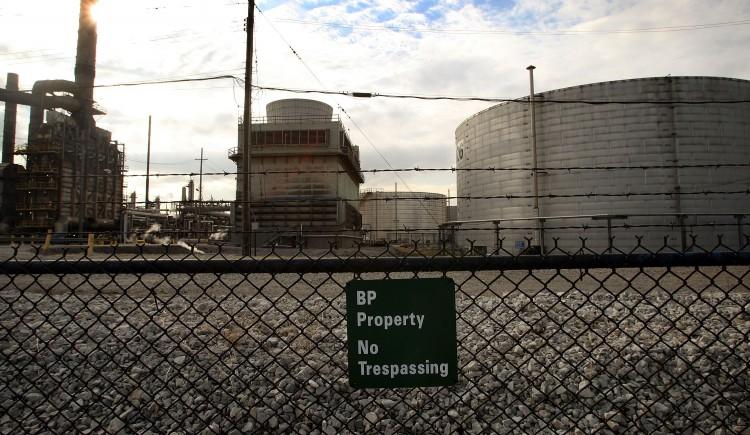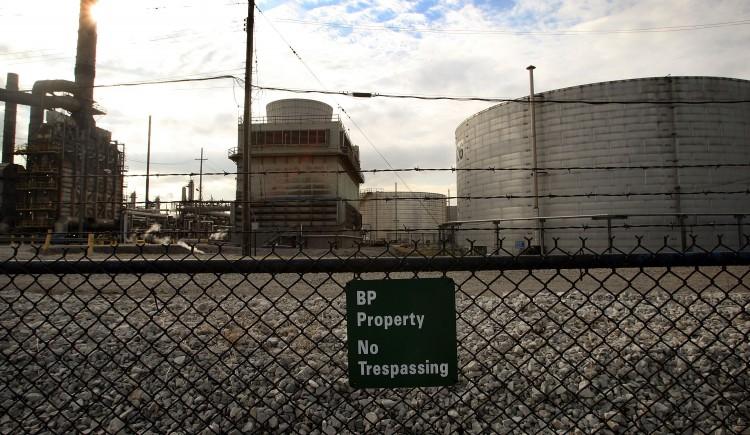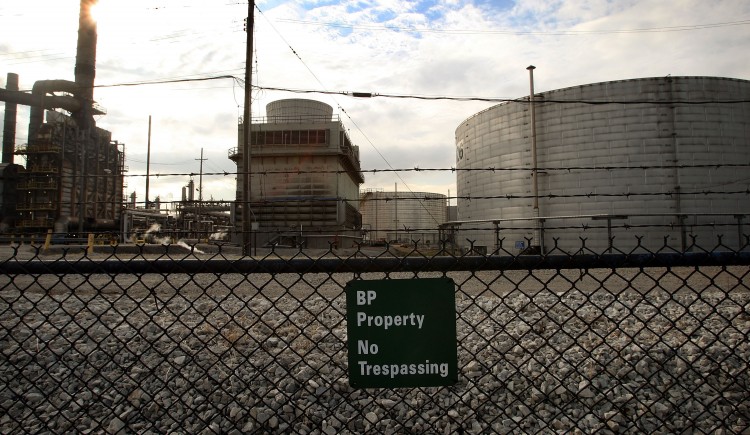CHICAGO—On the southwestern shore of Lake Michigan is the small town of Whiting, Ind.—home to the largest inland oil refinery in the United States, and the recent conclusion of a big environmental controversy.
BP’s Whiting Refinery has been in operation since 1889, even before the advent of the automobile, and the big oil company has been working to expand the facility for years. The state of Indiana gave the go ahead in 2008, but environmental and community groups have been fighting permits for expansion ever since.
The struggle appears to have reached an end. This week BP North America Inc. agreed to pay an $8 million penalty and invest more than $400 million to install state-of-the-art pollution controls in order to continue the Whiting Refinery’s multibillion-dollar expansion project.
The expansion will allow Whiting to process the thick and heavy crude of what is known as tar sands oil. According to BP, the unconventional and significantly dirtier crude oil source is “critical to America’s future energy security.”
The settlement calls for pollution monitoring equipment to address increased emissions associated with the largely Canadian tar sands. BP will be forced to observe the strongest requirements seen anywhere in the industry, and the U.S. Environmental Protection Agency (EPA) estimates that the controls will eliminate more than 4,000 tons of regulated pollutants annually.
According to the U.S. Department of Justice (DOJ), BP North America had it coming. The big oil company had not lived up to its obligations under an earlier settlement agreement, while the Whiting facility had committed new violations of the Clean Air Act. But the new settlement, which includes another $9.5 million on projects to reduce greenhouse gas emissions, puts the big oil company in the clear.
A driving force behind complaints that the state permit for the Whiting expansion would significantly harm the environment for neighboring residents was the Natural Resources Defense Council (NRDC).
According to NRDC’s Ann Alexander, lead attorney for groups opposing the expansion permit, the settlement will ensure that local communities are protected from plant pollution.
“The permit that BP and the state of Indiana drafted did not reflect reality,” said Alexander in a statement. “And as the country wakes up to the mess being made by tar sands all over the country, it will be harder and harder for them to keep trying to play these games.”
In addition to making changes at the Whiting Refinery, the settlement also puts air monitors in place that will guide emission restrictions for other facilities processing heavy oil. With a growing number of Great Lakes refineries considering similar conversions to tar sands, the NRDC says this data will help other communities near these facilities put similar health protections in place.
But in order for the state’s largest-ever industrial project to go forward, environmentalists are expected to back down. As part of the agreement, petitioners say they won’t challenge the new permit. The settlement, signed by the state of Indiana, BP, the DOJ, EPA, and environmental groups, will go into effect following a brief public comment period.
The Epoch Times publishes in 35 countries and in 19 languages. Subscribe to our e-newsletter.







